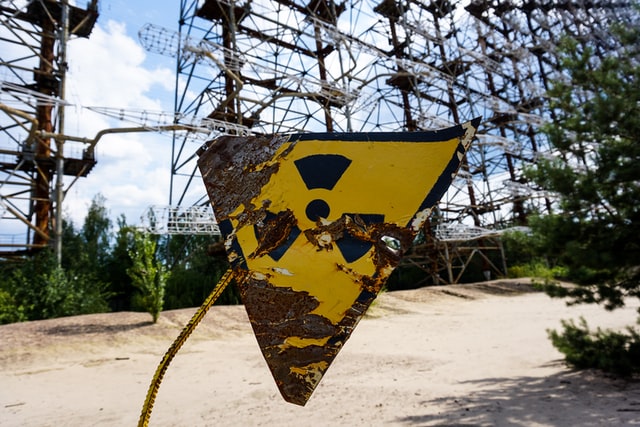Making Russia greater than ever by hook or by nuke?

The Chernobyl power plant, which suffered the worst nuclear accident in history in 1986. On February 25, 2022, Russia said that its troops had taken control of Chernobyl.Photo by Ilja Nedilko on Unsplash
It stands to reason that Paul Rogers, a professor of peace studies, is well able to diagnose war games. The day after Russia invaded Ukraine, Professor Rogers analysed Vladimir Putin’s words and deeds with devastating accuracy.
By that analysis, Mr Putin’s determination goes beyond making Russia great again. It’s about making Russia greater than it ever was by dint of its nuclear weapons.
For, in addition to seeking regional domination, Mr Putin also wants to frighten the rest of the world into submission with the prospect of being nuked.
This is the context of his warning to other countries not to intervene in Ukraine’s crushing. What else could the following threat be – don’t interfere or you will face a response “never seen in history”.
“This means nuclear weapons,” writes Professor Rogers. Mr Putin knows that Nato is militarily more powerful than Russian forces in conventional terms. But the threat of nuclear retaliation is enough to chill any impulse to get in the middle of the bear’s swallowing of a whole country.
The professor noted that the nuclear deterrent appears to increasingly figure in Mr Putin’s calculations. Russia and Belarus recently held joint nuclear drills and test-fired nuclear-capable missiles. The Russian president may be planning to totally re-shape “European security architecture by making Russia great again” with nuclear weapons hosted in Minsk and Kyiv.
“Belarus is already on board with this, with President Lukashenko having said that Belarus is up for hosting Russian nuclear weapons and the Minsk government is holding a referendum on 27 February to alter the constitution to allow just that.”
Accordingly, if and when Ukraine “is fully controlled”, Mr Putin’s Russia will have nuclear weapons deployed in two countries, “helping to cement a westward expansion of the newly great Russia.”

